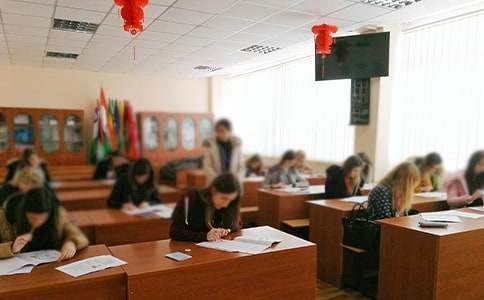公共英語一級(jí)考試模擬題-閱讀理解
TEXT A

Surprisingly, no one knows how many children receive education in English hospit als, still less the content or quality of that education. Proper records are jus t not kept.? We know that more than 850.000 children go through hospital each year, and that every child of school age has a legal right to continue to receive education wh ile in hospital. We also know there is only one hospital teacher to every 1,000 children in hospital.?
Little wonder the latest survey concludes that the extent and type of hospital t eaching available differ a great deal across the country. It is found that half the hospitals in England which admit children have no teacher. A further quarter have only a part-time teacher. The special children’s hospitals in major cities do best; general hospitals in the country and holiday areas are worst off.? From this survey, one can estimate that fewer than one in five children have som e contact with a hospital teacher—and that contact may be as little as two hour s a day. Most children interviewed were surprised to find a teacher in hospital at all. They had not been prepared for it by parents or their own school. If the re was a teacher they were much more likely to read books and do math or number work; without a teacher they would only play games.?
Reasons for hospital teaching range from preventing a child falling behind and m aintaining the habit of school to keeping a child occupied, and the latter is of ten all the teacher can do. The position and influence of many teachers was summ ed up when parents referred to them as “the library lady” or just “the helper”. Children tend to rely on concerned school friends to keep in touch with school w ork. Several parents spoke of requests for work being ignored or refused by the school. Once back at school children rarely get extra teaching, and are told to catch up as best they can.?
Many short-stay child-patients catch up quickly. But sch